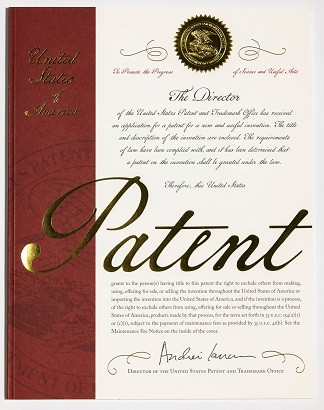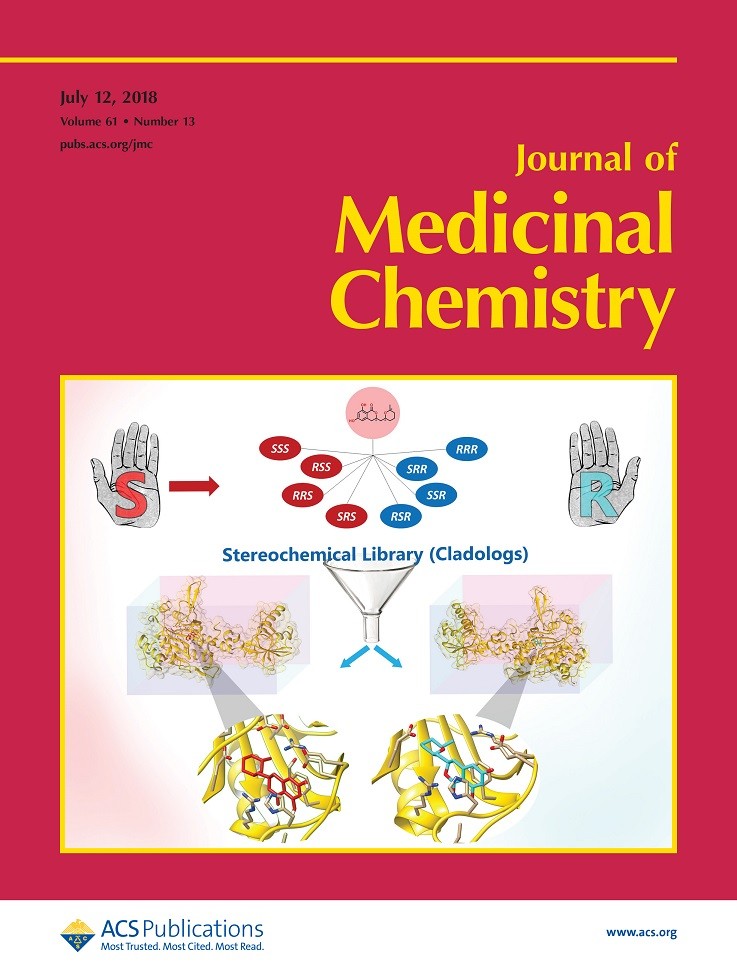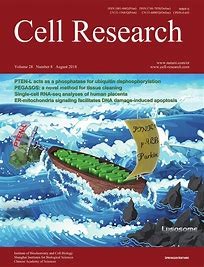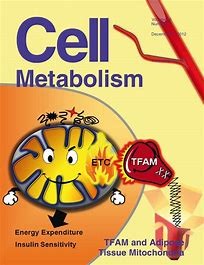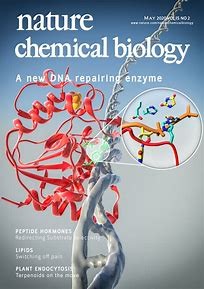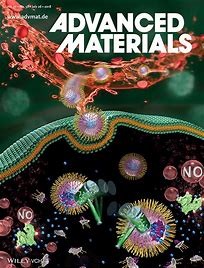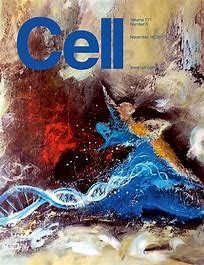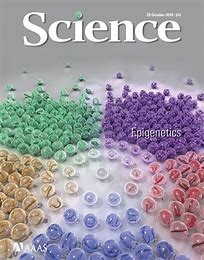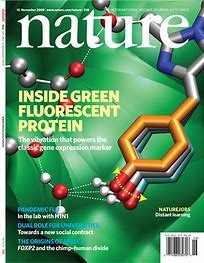WZB117
This product is for research use only, not for human use. We do not sell to patients.
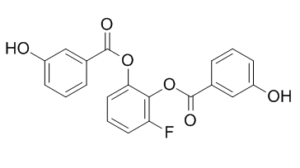
For small sizes, please check our retail website as below: www.invivochem.com
| Size | Price | Stock |
|---|---|---|
| 250mg | $648 | Check With Us |
| 500mg | $1036 | Check With Us |
| 1g | $1555 | Check With Us |
Cat #: V3957 CAS #: 1223397-11-2 Purity ≥ 98%
Description: WZB117 is a novel and potent inhibitor of Glucose Transporter 1 (GLUT1).
Top Publications Citing Invivochem Products
Publications Citing InvivoChem Products
Product Promise

- Physicochemical and Storage Information
- Protocol
- Related Biological Data
- Stock Solution Preparation
- Quality Control Documentation
| Molecular Weight (MW) | 368.32 |
|---|---|
| Molecular Formula | C20H13FO6 |
| CAS No. | 1223397-11-2 |
| Storage | -20℃ for 3 years in powder formr |
| -80℃ for 2 years in solvent | |
| Solubility In Vitro | DMSO: >70 mg/mLr |
| Water: >70 mg/mLr | |
| Ethanol: <1 mg/mL | |
| SMILES Code | FC1=C(OC(C2=CC=CC(O)=C2)=O)C(OC(C3=CC=CC(O)=C3)=O)=CC=C1 |
| Synonyms | WZB117; WZB-117; WZB 117 |
| Protocol | In Vitro | Glucose uptake assays show that WZB117 inhibits glucose transport in cancer cells in a dose-dependent manner. The inhibition of glucose transport induced by WZB117 occurres within 1 minute after the assay started, suggesting that the inhibitory activity is likely to be via a direct and fast mechanism. Cell viability assay shows that WZB117 inhibits cancer cell proliferation with an IC50 of approximately 10 μM. The inhibitory activity of WZB117 on cancer cell growth is also confirmed with a clonogenic assay, which also indicates that the inhibition is irreversible in nature. WZB117 treatment results in significantly more cell growth inhibition in lung cancer A549 cells than in nontumorigenic lung NL20 cells. Similar results are also observed in breast cancer MCF7 cells and their nontumorigenic MCF12A cells. When WZB117 is added to cancer cells grown under hypoxic conditions, more cell growth inhibition is observed than under normoxic conditions. |
|---|---|---|
| In Vivo | The animal study shows that after daily intraperitoneal injection of WZB117 at 10 mg/kg body weight, the sizes of the compound-treated tumors are on average more than 70% smaller than those of the mock (PBS/DMSO)-treated tumors. Notably, 2 of the 10 compound-treated tumors disappear during the treatment and never grow back even at the end of the study. Body weight measurement and analysis reveal that the mice treated with WZB117 lost about 1 to 2 grams of body weight compared with the mock-treated mice with most of the weight loss in the fat tissue. Blood counts and analysis of mice at the end of the study show that lymphocytes and platelets are changed in the compound-treated mice compared with the vehicle-treated mice, but the cell counts remained in the normal ranges. One of the concerns for using glucose transport inhibitors is that the inhibitor might produce hyperglycemia in the treated mice. |
These protocols are for reference only. InvivoChem does not
independently validate these methods.
| Solvent volume to be added | Mass (the weight of a compound) | |||
|---|---|---|---|---|
| Mother liquor concentration | 1mg | 5mg | 10mg | 20mg |
| 1mM | 2.7150 mL | 13.5752 mL | 27.1503 mL | 54.3006 mL |
| 5mM | 0.5430 mL | 2.7150 mL | 5.4301 mL | 10.8601 mL |
| 10mM | 0.2715 mL | 1.3575 mL | 2.7150 mL | 5.4301 mL |
| 20mM | 0.1358 mL | 0.6788 mL | 1.3575 mL | 2.7150 mL |
The molarity calculator equation
Mass(g) = Concentration(mol/L) × Volume(L) × Molecular Weight(g/mol)
Mass
=
Concentration
×
Volume
×
Molecular Weight*
The dilution calculator equation
Concentration(start)
×
Volume(start)
=
Concentration(final)
×
Volume(final)
This equation is commonly abbreviated as: C1 V1 = C2 V2
Concentration(start)
C1
×
Volume(start)
V1
=
Concentration(final)
C2
×
Volume(final)
V2
Step One: Enter information below
Dosage mg/kg
Average weight of animals g
Dosing volume per animal µL
Number of animals
Step Two: Enter the in vivo formulation
%DMSO
+
%
+
%Tween 80
+
%ddH2O
Calculation Results:
Working concentration:
mg/ml;
Method for preparing DMSO master liquid:
mg
drug pre-dissolved in
µL
DMSO(Master liquid concentration
mg/mL)
,Please contact us first if the concentration exceeds the DMSO solubility of the batch of drug.
Method for preparing in vivo formulation:
Take
µL
DMSO master liquid, next add
µL
PEG300, mix and clarify, next add
µL
Tween 80,mix and clarify, next add
µL
ddH2O,mix and clarify.
Note:
- (1) Please be sure that the solution is clear before the addition of next solvent. Dissolution methods like vortex, ultrasound or warming and heat may be used to aid dissolving.
- (2) Be sure to add the solvent(s) in order.
